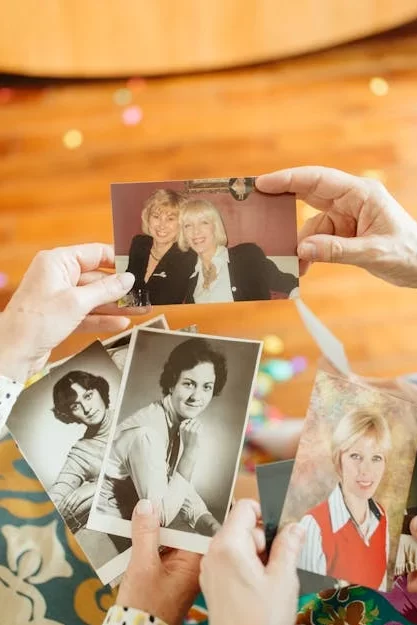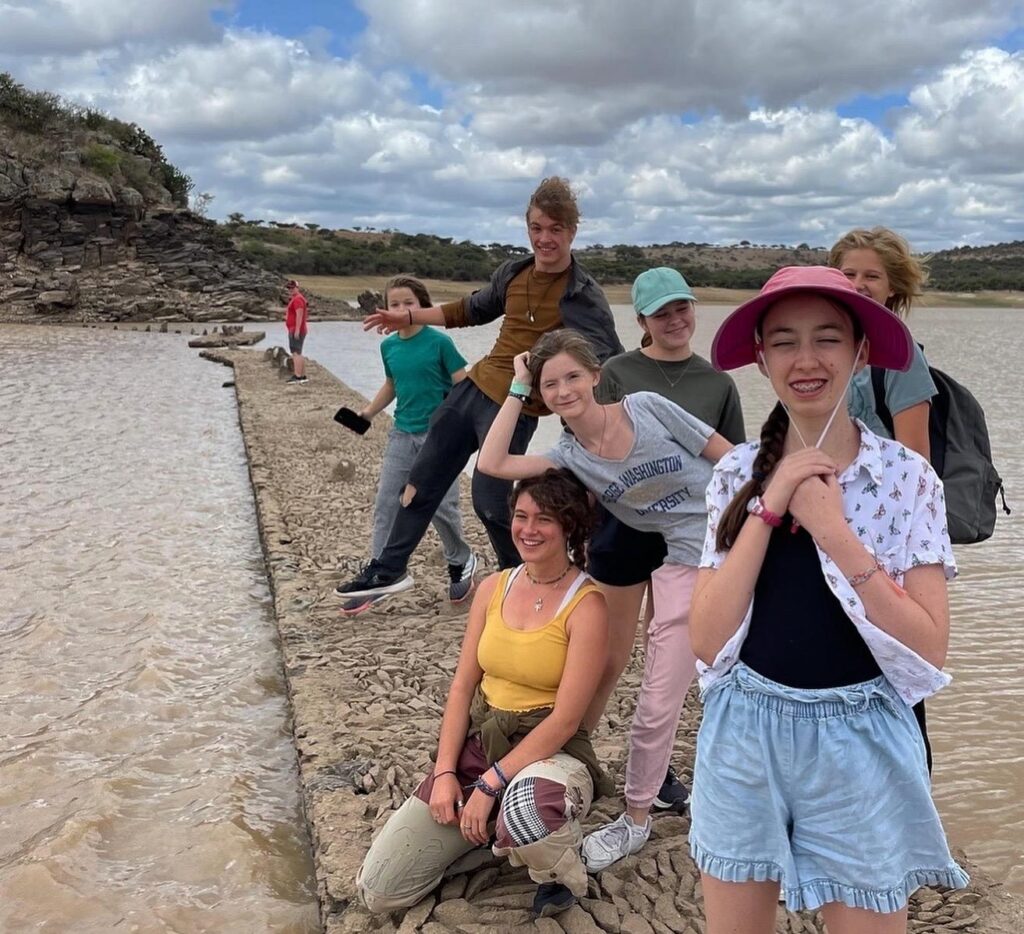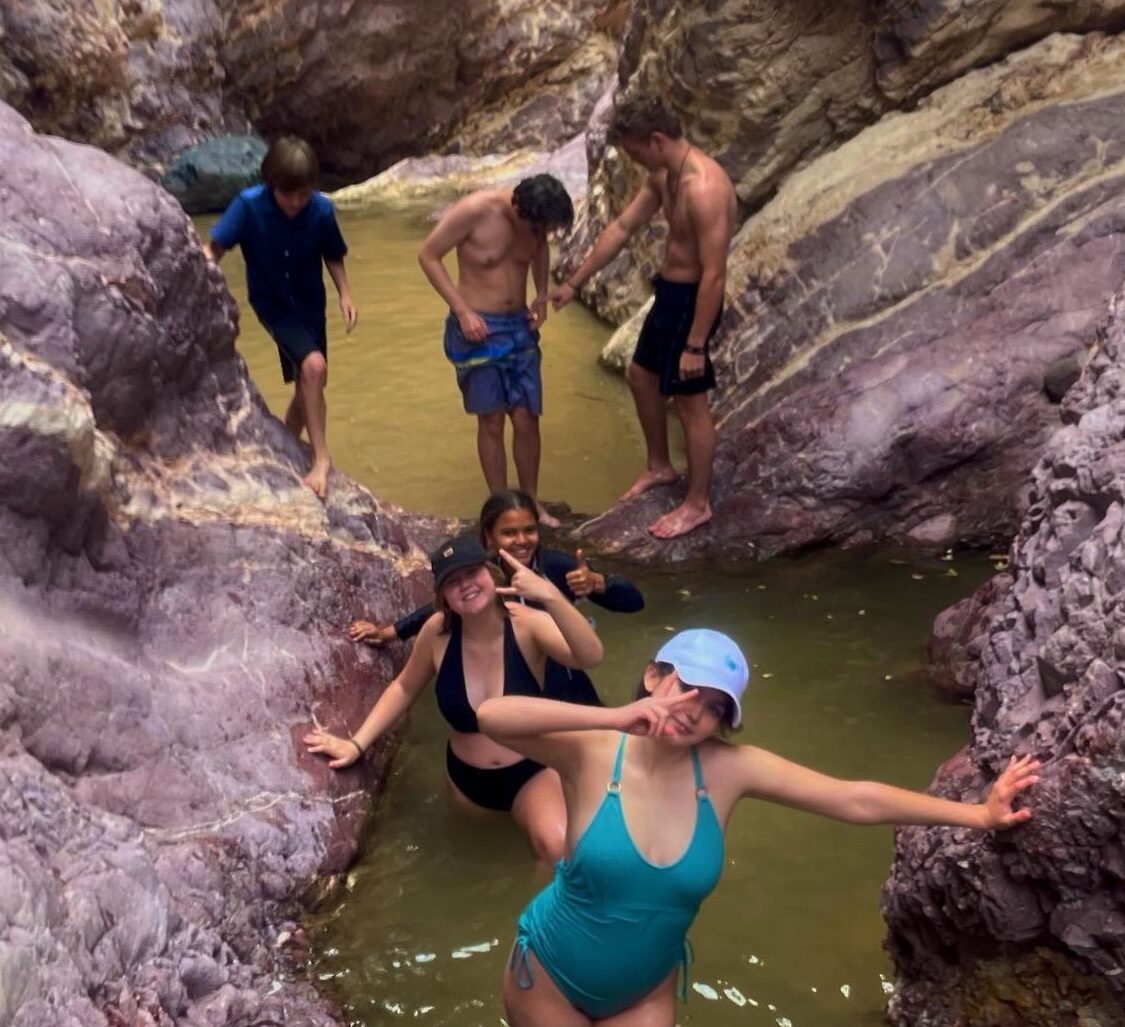I’ve been thinking a lot lately about how quickly we label teenagers. As parents, teachers, coaches, and mentors, we often fall into the trap of categorizing teens: “the troublemaker,” “the quiet one,” “the class clown,” “the overachiever.” These labels might capture a moment in time, but they fail to acknowledge the incredible transformation happening beneath the surface.

Think about who you were three years ago. Five years ago. Ten years ago. You’ve grown, changed, learned new things, developed new perspectives. Now imagine that growth compressed into just one or two years – that’s what our teens are experiencing. The rate of development during adolescence is staggering, yet we adults often get stuck viewing teens through the lens of who they were at 13, or 14, or 15.
When we label teens – whether as the rebel, the social butterfly, or even seemingly positive labels like “the responsible one” – we’re unknowingly placing limitations on their growth. These labels can become self-fulfilling prophecies, with teens either living up to or struggling against these predetermined roles we’ve assigned them. It reminds me of what Dr. Becky Kennedy discusses in her wonderful book “Good Inside” – the inherent potential within every young person, waiting to be discovered and nurtured.

As parents and mentors, our job isn’t to label and categorize – it’s to get curious. Instead of saying “that’s just how they are,” we can ask ourselves what’s driving certain behaviors. What are they trying to communicate? What needs aren’t being met? What potential lies waiting to be recognized? When we approach teens with genuine curiosity and an open mind, we create space for them to explore who they’re becoming, not who we’ve decided they are.

I see this transformation firsthand in our adventure programs. Remove teens from their usual environment – and the labels they carry – and something magical happens. The “troubled kid” becomes a supportive teammate. The “shy one” discovers their voice. The “class clown” reveals deep insights. Because when we stop defining teens by who they were and start believing in who they can become, we give them permission to grow, change, and surprise us – and themselves.
What labels might we be unknowingly placing on the teens in our lives? And more importantly, what potential might we discover if we let those labels go?


